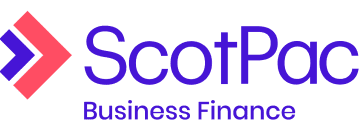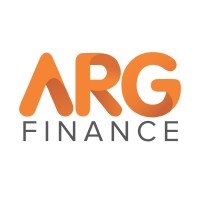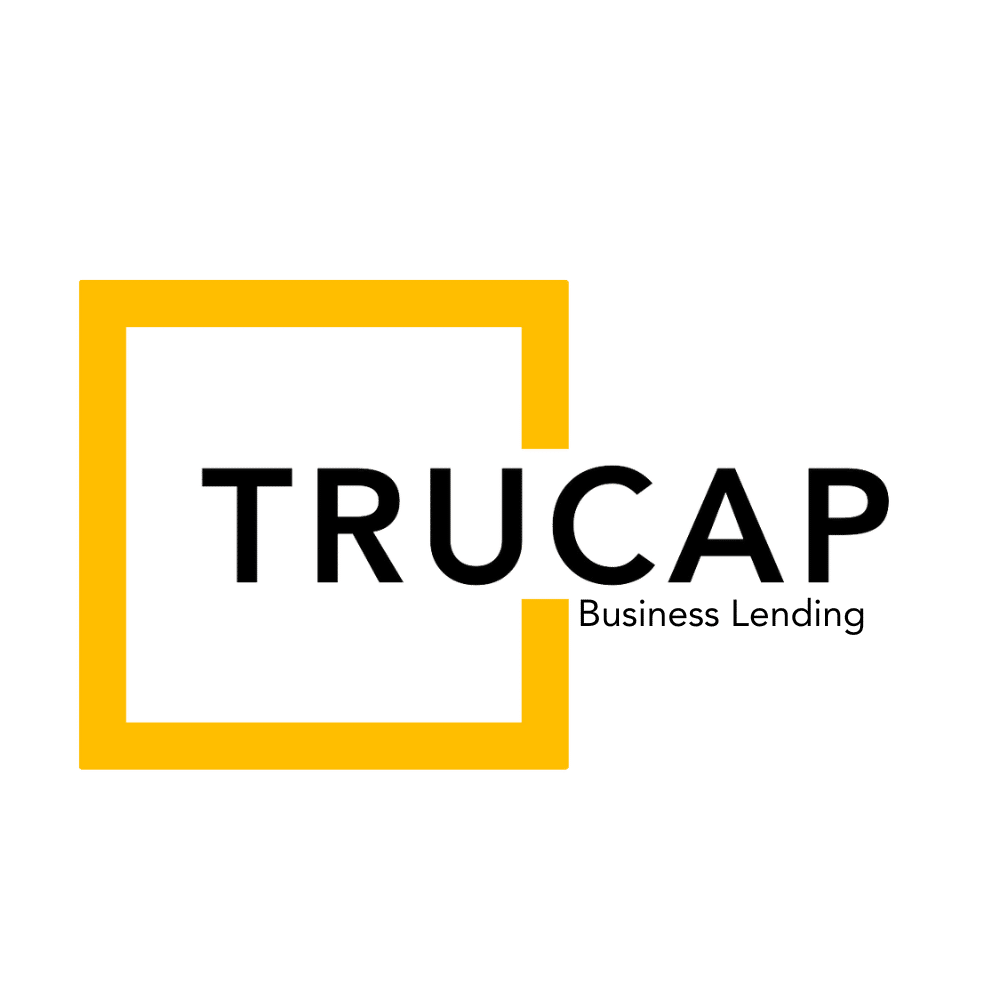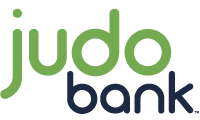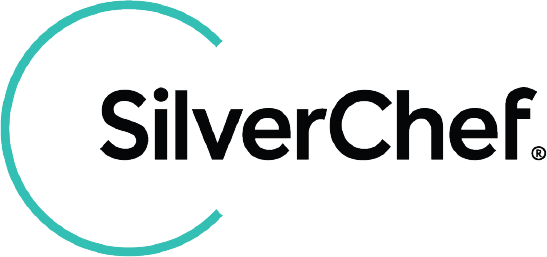Starting a business can be challenging, especially if you need extra funds but don’t have any collateral to secure a loan. Lenders typically want to see an established trading history, a proven customer base or physical assets to back the loan. With a startup, these are often limited or non-existent, especially if you only have a few months of trading under your belt – meaning traditional finance can feel out of reach. However, there are still options available for startups without collateral.
What business loan options are available for startups with no collateral?
Even if your business does not have any collateral, if you have valuable personal assets such as a home (even on a mortgage) or vehicles, you can put them up for security if you really need funding. Just be wary that if you go down this path and things don't pan out for your business, you run the risk of losing personal assets, which could be a dire financial consequence.
If this isn’t an option, there are alternative business finance options to help you access funding for your startup without any security.
Unsecured business loans
Unsecured business loans don’t require physical assets as security, making them an option for businesses without collateral.
Depending on the lender and your profile, you may be able to borrow from as little as $5,000 up to six-figure sums. The funds are typically flexible, meaning you can use them for a wide range of business purposes, from covering cash flow to purchasing equipment.
Because there’s no need to tie the loan to an asset, approval and funding are often faster. The trade-off is that unsecured loans carry more risk for lenders, so they usually come with higher interest rates, shorter terms ranging from one to five years, and stricter eligibility requirements than secured finance. For example, a lender might set minimum annual turnover and/or a minimum operating period before it is willing to lend to you.
Low doc business loans
Low doc (low documentation) business loans are designed for businesses that don’t have the financial records typically required for standard business loans such as tax returns and detailed financial statements. Instead, you can use alternative documents to support your application. verify your income. These loans can be useful for newer businesses, but they often come with lower borrowing limits and higher interest rates to reflect the added risk for lenders.
Short-term business loans
Short-term business loans can help if you need money quickly to cover immediate business expenses, with quick approval and shorter terms ranging from one month to three years. They’re often easier to qualify for than traditional loans. However, as with low doc business loans, interest rates are typically higher and borrowing limits are usually lower – and you’ll have a shorter timeframe to pay it back.
Business startup loans
Specifically designed for new businesses that have been operating for less than two years, startup loans can provide essential funding to help you get started. They are more limited than other loans, but can provide amounts up to $50,000 with maximum terms up to five years, with no asset required as security.
Be aware, however, that very few lenders offer this type of loan. They will also require you to meet other eligibility criteria, such as meeting the lender’s credit score requirements.
What other funding options are available for startup businesses?
It’s not uncommon for startup owners to use a mix of methods to finance their business, especially if they are struggling to secure traditional finance. When getting your business off the ground, you may also want to consider other types of funding, such as:
Equity funding: this involves getting an investor or group to back your startup business, such as venture capitalists or angel investors. While this can be an effective way to secure capital, it also means you’ll need to give them a cut of the profits and they will often have a say in how the business is run.
Personal loans: personal finance could be an alternative option for small business owners who can’t meet the requirements of a business loan. These loans are based solely upon your personal financial situation, such as your credit score, income and expenses, but any funds you receive can be put towards growing your business.
Angel investors are typically individuals who invest their own money in early-stage businesses, while venture capitalists are firms that invest larger sums from pooled funds, usually in return for significant equity and involvement in the company.
Government grants: both federal and state/territory governments offer funding programs and assistance for eligible small businesses and startups, from grants and subsidies to mentorship and business development programs. Examples of current programs include the Industry Growth Program and CSIRO Kick-Start.
Credit cards: business or personal credit cards can provide short-term funding, and often come with a 0% interest introductory period. However, you must pay off the balance before the grace period ends to avoid high rates (exceeding 20%) and they are best suited for covering smaller, immediate expenses rather than significant business costs.
How much can I borrow for a business loan for my startup?
Business loans can range from a few thousand dollars to millions, but startups – especially those without assets for security – will typically have lower borrowing limits. Many lenders cap startup business loans at around $500,000, though some may only offer amounts in the $5,000 – $100,000 range, depending on factors such as your credit history, income and business model.
In addition to the loan amount, it’s important to consider the overall cost of borrowing, namely:
- Interest rates: startup loans generally have higher rates than those for established businesses, depending on the lender and risk level.
- Fees: lenders may charge application fees, establishment fees and ongoing service or late payment fees, which can add to the cost of your loan.
Once your business is more established and has built up assets, you may have the option to refinance for better terms. This could include securing a lower interest rate, extending the repayment period or even switching to a secured loan with a higher borrowing limit.
What documents should I prepare for a small startup business loan application?
If you’re applying to a lender to finance your startup business, there’s a number of documents that you’ll need to provide your lender:
- A detailed business plan: this should outline what your business will do, how you plan to operate and the steps you’ll take to make it succeed. Including market research on your target audience, competitors and industry risks will strengthen your application by showing you’ve thought through the challenges and opportunities.
- Business financial records: if your startup is already trading, include any available records such as BAS, bank statements or profit and loss reports. While these may not give a full picture of future performance, they still provide lenders with useful insight into how your business has performed so far.
- Personal financial records: since your business has little or no track record, you’ll probably find that more weight is placed on your own credit and financial history. You may be asked to provide personal tax returns, proof of other income as well as ID and proof of address.
What can I do to improve my chances of loan approval?
-
Use a guarantor
If you have a friend or family member with strong finances, they could act as a guarantor on your loan. This means they agree to cover the repayments if you're unable to, which can make lenders more willing to approve your application.
-
Improve your credit score
Since your business has little or no credit history, lenders will often assess your personal credit score (and those of any business partners or directors). A strong personal credit history can improve your eligibility for a loan, so it’s worth taking steps to build and maintain a good credit rating.
-
Do your market research
Even without a trading history, lenders want to see that you understand your market and have a realistic plan for generating revenue. Research your target audience, competitors and industry risks, and use these insights to guide your business plan. This shows lenders that you’ve thought through the challenges and opportunities, which can improve your chances of approval.
-
Choose the right lender
Some lenders specialise in startup financing or unsecured loans, while others prefer working with established businesses. Researching and applying with lenders that cater to startups can improve your approval chances.









